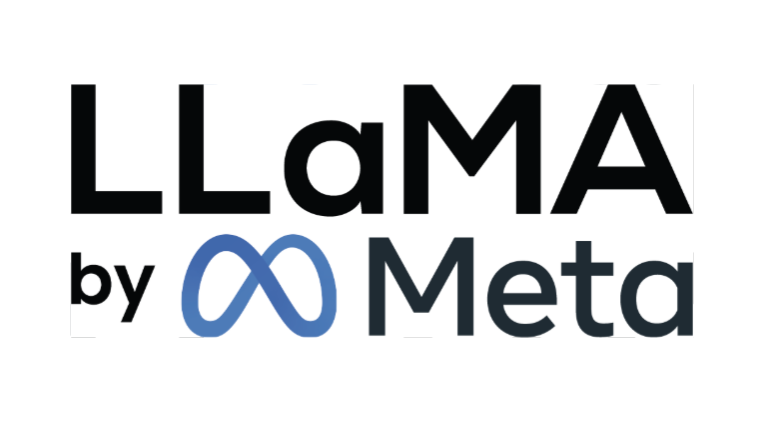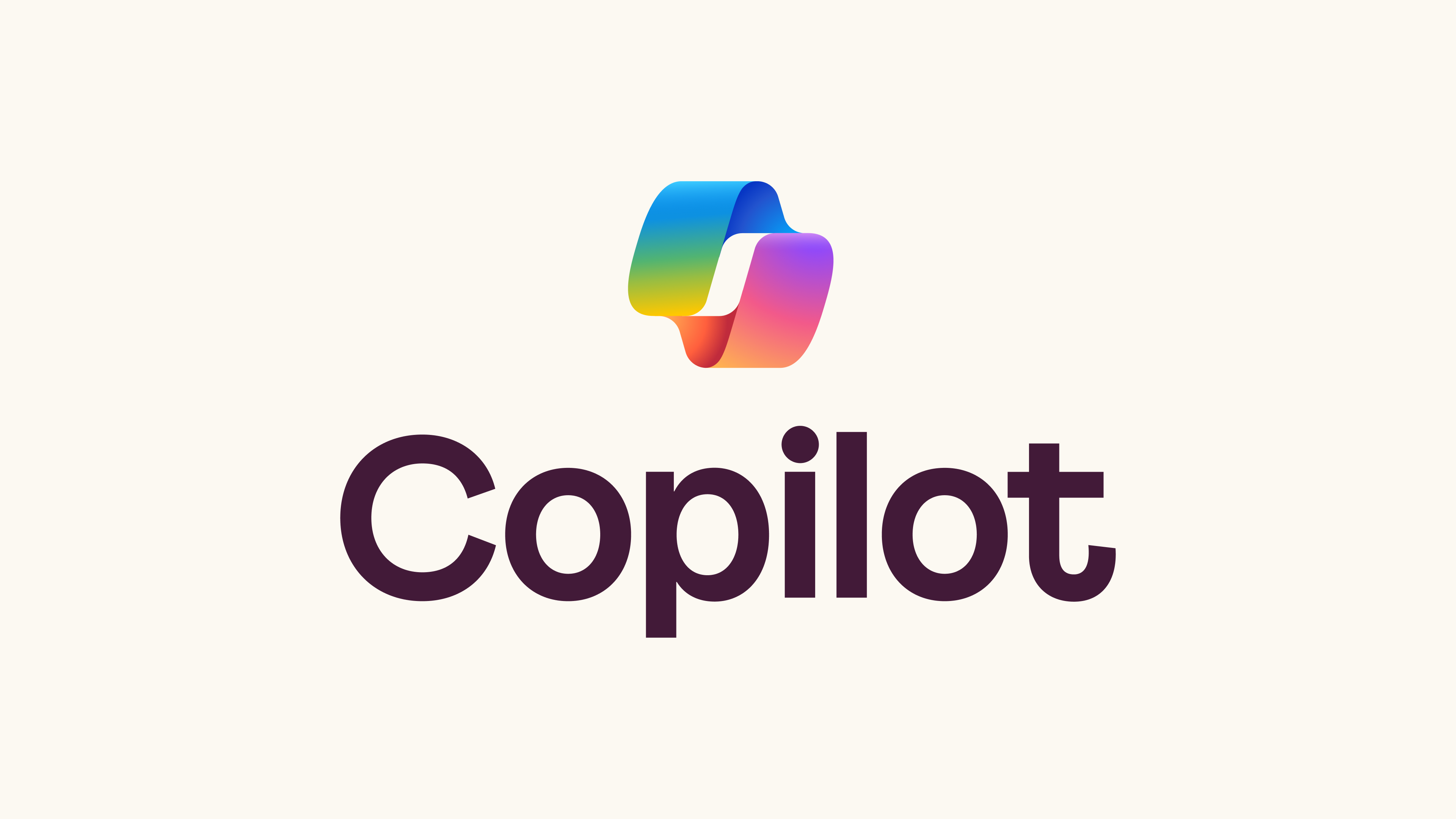
Back to hub
Blog
Software
AI
The 6 best alternatives to Chat GPT
Published on Jun 4, 2025Updated on Sep 25, 2025
Chat GPT has revolutionized the way we interact with artificial intelligence. Whether it's writing text, coding, or answering complex questions, this OpenAI model has become a benchmark. But it's not perfect: high costs, customization limitations, and privacy concerns are driving many users to look for alternatives. In this article, we present the 6 best alternatives to Chat GPT, their strengths, their prices, and how they can meet your needs.
Why look for an alternative to Chat GPT?
Chat GPT excels in many areas, but it can be expensive (especially the premium version at $20/month), lack specific features, or raise questions about data management. An alternative may offer:
Better privacy.
Features tailored to specific uses (research, code, productivity).
Free or more affordable access.
A different approach, such as open-source or integration with existing ecosystems.
Let's take a look at the criteria we used to select these alternatives.
Selection criteria
To choose the best alternatives, we evaluated:
Performance: accuracy and speed of responses.
Accessibility: free or paid, ease of use.
Features: multilingual capabilities, integrations, customization.
Privacy: secure user data management.
Now let's take a look at the six alternatives.
The six alternatives to Chat GPT
1. Grok (xAI)

Developed by xAI, Grok is a conversational AI that stands out for its truth-seeking approach and in-depth analysis. Designed to provide useful and truthful answers, Grok includes features such as DeepSearch mode for real-time web searches and a reflection mode for nuanced responses. Accessible via the X platform, it is ideal for those who want well-sourced answers or an outside perspective on complex topics. Strengths:
DeepSearch mode for iterative, sourced searches.
Integration with X for seamless access.
Reflection mode for in-depth answers.
Limitations: Usage quotas for the free version.
Use cases: Scientific research, data analysis, philosophical or technical questions.
Price: Free (limited); SuperGrok starting at $10/month (details at x.ai/grok).
2. Claude (Anthropic)

Created by Anthropic, a company founded by former OpenAI researchers, Claude is an AI focused on security and ethics. With an intuitive interface, Claude excels at natural conversation and writing clear, engaging text. Its broad context (200,000 tokens) makes it perfect for complex projects, such as document analysis or strategic planning. Strengths:
Priority on data privacy and security.
Fluid and contextually relevant responses.
Limitations: Fewer multimodal capabilities (no image generation).
Use cases: Professional writing, ethical conversations, customer support.
Price: Free (limited, Claude 3.5 Sonnet); Pro at $20/month.
3. Gemini (Google)

Gemini, the successor to Bard, is Google's versatile AI, integrated into its ecosystem (Docs, Sheets, Gmail). Designed for productivity, it combines real-time web search, data analysis, and content generation. Its strength lies in its ease of use and direct access to Google services, making it an ideal choice for users already in this ecosystem. Strengths:
Real-time web search.
Seamless integration with Google Suite.
Limitations: Less conversational for creative discussions.
Use cases: Project management, quick research, office automation.
Price: Free (Gemini 1.5 Flash); Gemini Advanced at $19.99/month.
4. Perplexity AI

Perplexity AI is a conversational search engine that stands out for its sourced answers and transparency. Powered by models such as GPT-4 and Claude, it is designed for users who prioritize accuracy and verifiability. With features such as inline citations and the ability to limit searches (Reddit, academic), it is an essential tool for research. Strengths:
Transparency with links to sources.
Intuitive interface for quick searches.
Limitations: Less suited to creative content generation.
Use cases: Research, journalism, fact-checking.
Price: Free (limited, 3 Pro queries/day); Pro at $20/month.
5. LLaMA (Meta AI)

LLaMA, developed by Meta AI, is a family of open-source models intended primarily for research and developers. Unlike other alternatives, LLaMA is not a ready-to-use service but a model that technical users can deploy and customize. Its free availability for non-commercial use makes it an attractive option for experimental projects. Strengths:
Free for non-commercial use.
Highly customizable.
Limitations: Requires technical skills for installation.
Use cases: Research projects, AI application development.
Price: Free (open-source, non-commercial use).
6. Copilot (Microsoft)

Microsoft Copilot, formerly Bing Chat, is an AI assistant integrated into the Microsoft 365 ecosystem (Word, Excel, Teams) and GitHub. Powered by GPT-4, it excels at productivity, code generation, and data analysis. Its ability to provide real-time web answers and collaborate in professional environments makes it a powerful tool for businesses. Strengths:
Integration with Microsoft 365 and GitHub.
Excellent for code and automation.
Limitations: Less versatile for non-Microsoft-related tasks.
Use cases: Programming, document writing, project management.
Price: Free (limited); Copilot Pro at $20/month.
Summary comparison
Here is a summary table to help you choose:
Outil | Coût | Points forts | Cas d’usage principal |
|---|---|---|---|
Grok | Free Supergrok $10 For month | DeepSearch, intégration X | analysis |
Claude | Free/ Pro 20 $month | Privacy, éthics Writting | Professional conversations |
Gemini | Free / Advanced 19,99 $/mois | Google integration Quick search productivity | search |
Perplexity AI | Free / Pro 20 $/mois | Sourcesd answers, transparency | Research, verification |
LLaMA | Free (open-source, non commercial) | Open-source, customization | Research, dévelopement |
Copilot | Free/ Pro 20 $/mois | Microsoft integration | office automation |
Conclusion
Chat GPT is a powerful tool, but alternatives such as Grok, Claude, Gemini, Perplexity AI, LLaMA, and Copilot offer options tailored to specific needs. Whether you're looking for AI for research, productivity, or development, there's bound to be a solution for you.

Clear, transparent prices without hidden fees
No commitment, prices to help you increase your prospecting.
Credits(optional)
You don't need credits if you just want to send emails or do actions on LinkedIn
May use it for :
Find Emails
AI Action
Phone Finder
Verify Emails
€19per month
1,000
5,000
10,000
50,000
100,000
1,000 Emails found
1,000 AI Actions
20 Number
4,000 Verify
€19per month
Discover other articles that might interest you !
See all articlesSoftware
Published on Jun 24, 2025
Expandi vs Waalaxy: Find out Which one to Choose
 Niels Co-founder
Niels Co-founderRead more
B2B Prospecting
Published on Apr 1, 2025
6 Awesome B2B Data Providers: Your Guide to Fresh, Actionable Data in 2025
 Niels Co-founder
Niels Co-founderRead more
B2B Prospecting
Published on May 19, 2025
Mastering BCC Email: Best Practices for Effective Communication
 Mathieu Co-founder
Mathieu Co-founderRead more
Software
Published on Jun 24, 2025
LeadFuze vs Waalaxy: Comprehensive Analysis to Help you Make the Best Choice
 Niels Co-founder
Niels Co-founderRead more
Tips and training
Published on May 19, 2025
Master CFBR LinkedIn: Enhance Your Engagement Strategy
 Niels Co-founder
Niels Co-founderRead more
AI
Published on Jun 18, 2025
The 5 Best AI Content Generators in 2025
 Niels Co-founder
Niels Co-founderRead more
Made with ❤ for Growth Marketers by Growth Marketers
Copyright © 2026 Emelia All Rights Reserved
